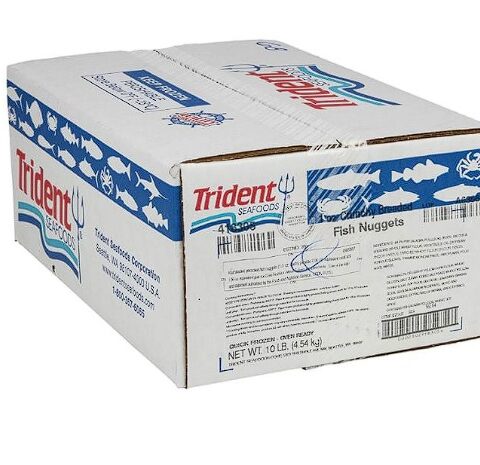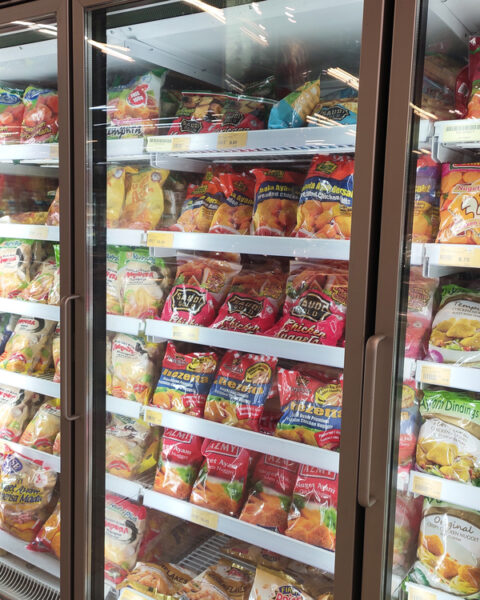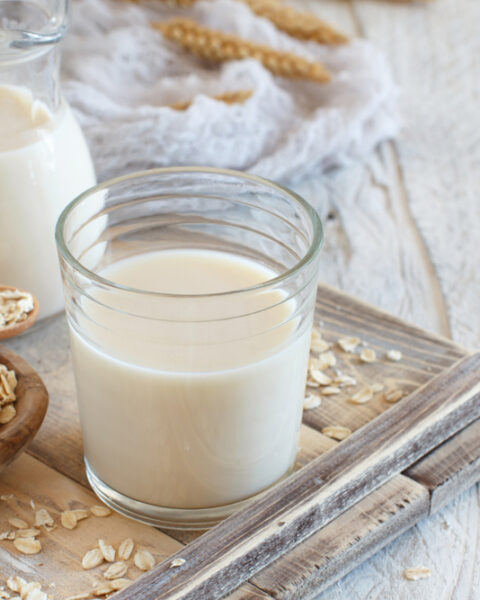In the quest to eat healthier, many people gravitate toward “light” versions of their favorite foods, assuming they’re a better option. However, these products often come with hidden drawbacks. From added sugars to artificial ingredients, the light version may leave you with more harm than good. These are the “light” products that may do more damage to your health than their original counterparts.
Contents
- 1 Light Salad Dressings
- 2 Fat-Free Yogurt
- 3 Reduced-Fat Peanut Butter
- 4 Diet Soda
- 5 Light Ice Cream
- 6 Low-Fat Cheese
- 7 Light Mayonnaise
- 8 Sugar-Free Cookies
- 9 Reduced-Fat Muffins
- 10 Light Margarine
- 11 Fat-Free Crackers
- 12 Light Beer
- 13 Light Potato Chips
- 14 Low-Calorie Frozen Meals
- 15 Reduced-Sugar Ketchup
- 16 More From RetailShout
- 17 15 Creative Trader Joe’s Taco Night Ideas for the Whole Family
- 18 12 Simple Keto Dinners You’ll Want to Make Again and Again
Light Salad Dressings
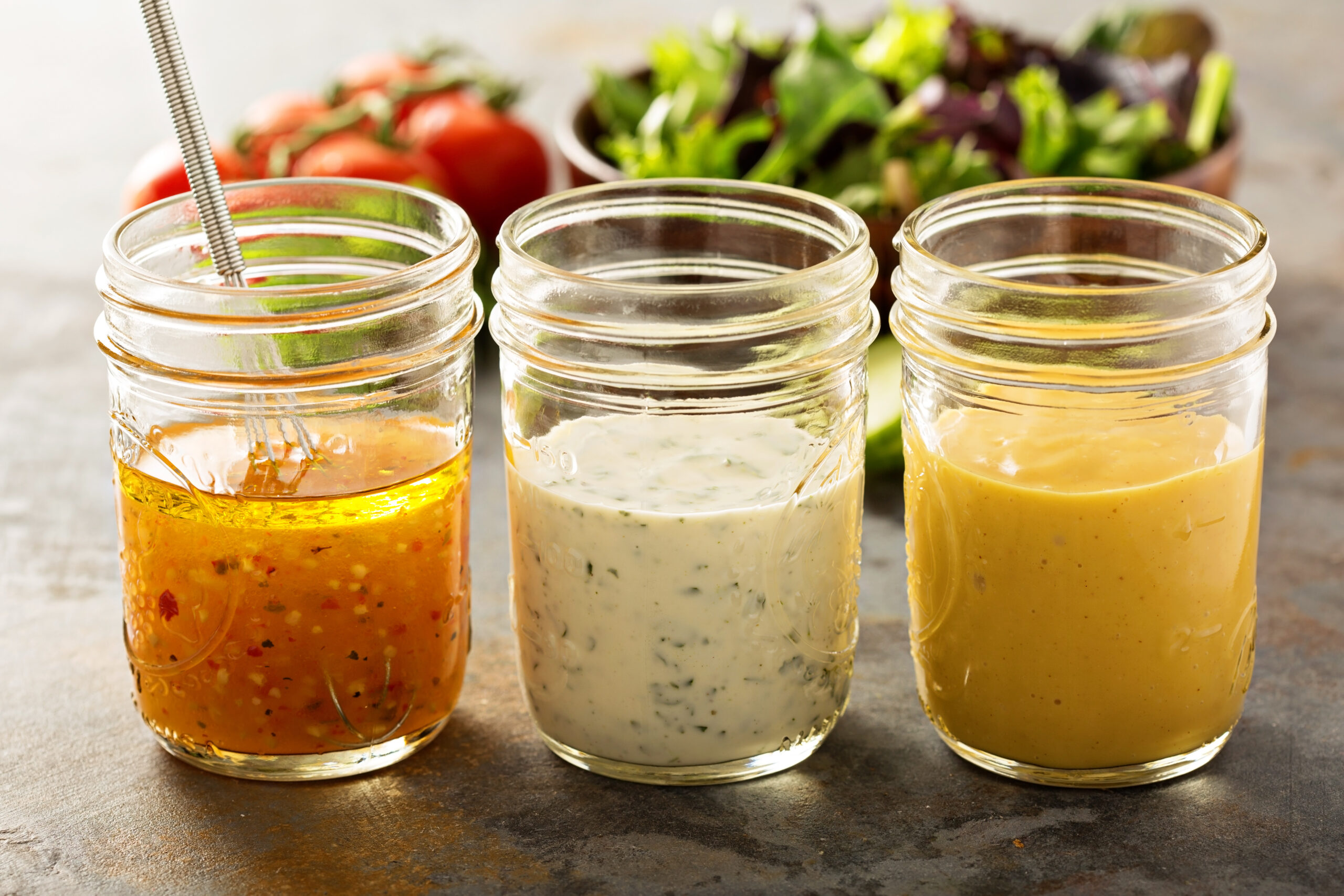
Light salad dressings often replace fat with sugar or artificial sweeteners to maintain flavor. While they might be lower in calories, the added sugars can lead to spikes in blood sugar and cravings. Many of these dressings also contain thickeners and preservatives that are harder for your body to process. Fat, which is naturally present in regular dressings, helps your body absorb the vitamins and nutrients in your salad. So, the light version might be cutting out not just calories but the nutritional benefits as well.
Fat-Free Yogurt

Fat-free yogurt might seem like a healthy choice, but removing fat often means adding more sugar. The body actually needs fat to absorb key nutrients like vitamin D, which is often present in dairy products. The sugar in fat-free versions can also spike your insulin levels, leading to crashes and cravings. Additionally, many fat-free yogurts are packed with artificial flavors and thickeners to mimic the texture and taste of full-fat yogurt. Regular, full-fat yogurt offers a more balanced option with fewer processed ingredients.
Reduced-Fat Peanut Butter
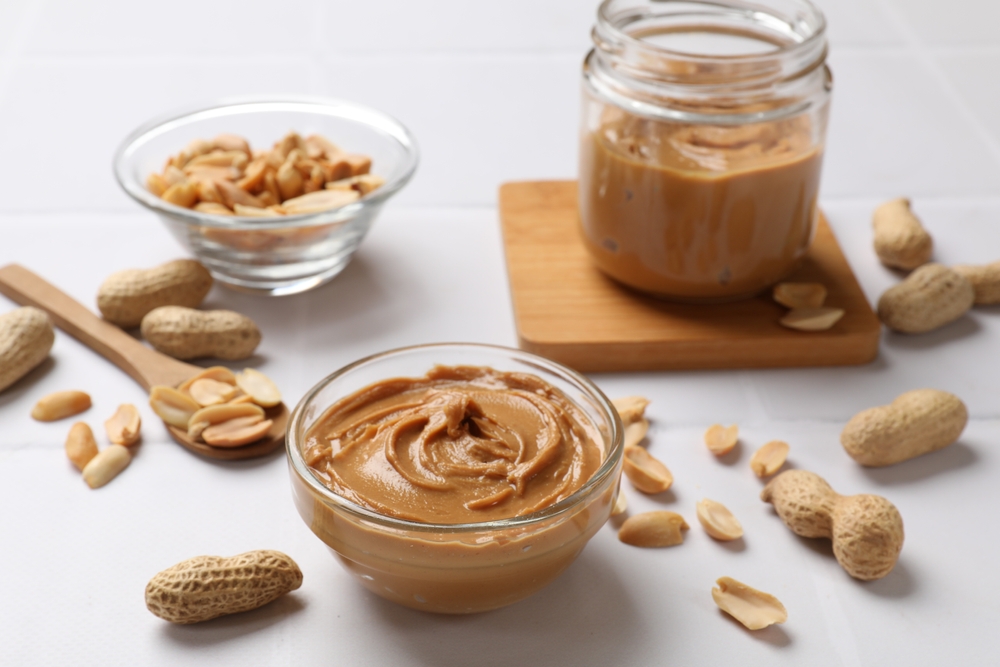
Reduced-fat peanut butter might sound like a great alternative to the real thing, but it’s usually packed with extra sugar and fillers. The fat that’s removed is often replaced with hydrogenated oils, which are worse for your heart health. Peanut butter’s natural fat content is part of what makes it filling and nutritious, offering heart-healthy monounsaturated fats. By stripping that away, you’re left with a product that spikes your blood sugar without offering long-lasting energy. It’s better to opt for natural peanut butter, even if it’s full-fat.
Diet Soda

While diet soda contains fewer calories than regular soda, it comes with its own set of problems. The artificial sweeteners used in diet sodas can actually trick your brain into craving more sugar, leading to overeating. Studies have shown that diet soda drinkers are more likely to gain weight over time than those who drink regular soda. Additionally, the chemical ingredients in diet soda, such as aspartame, have been linked to headaches and other health issues. In this case, it’s better to drink water or even regular soda in moderation than to rely on diet versions.
Light Ice Cream

Light ice cream might have fewer calories and less fat, but it’s often full of sugar, artificial sweeteners, and additives to make up for the lost richness. These artificial ingredients can disrupt your gut health and lead to digestive issues. Regular ice cream, while higher in fat, is made from simple, natural ingredients like cream, milk, and sugar. These ingredients are easier for your body to process than the artificial alternatives. A small portion of full-fat ice cream is a more satisfying and balanced option.
Low-Fat Cheese
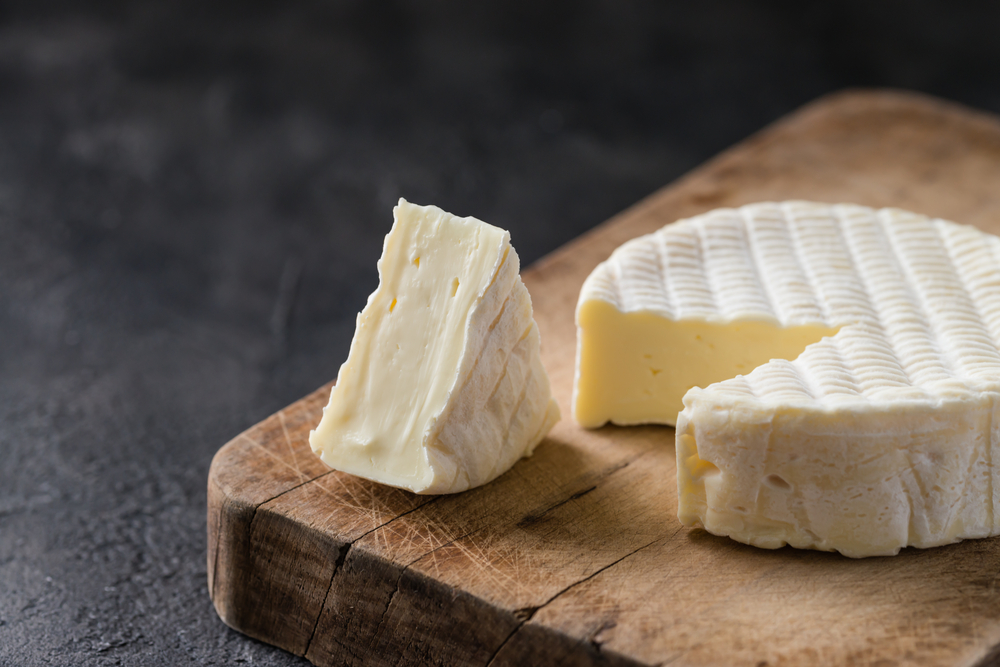
Low-fat cheese might seem like a good option if you’re watching your calorie intake, but it often lacks the taste and texture of regular cheese. To make up for the missing fat, manufacturers add fillers and artificial flavors. These additives can make the product harder for your body to digest and leave you feeling unsatisfied. Fat in cheese also helps with the absorption of certain vitamins, such as vitamin A and D. Choosing a smaller portion of full-fat cheese is usually a better choice.
Light Mayonnaise
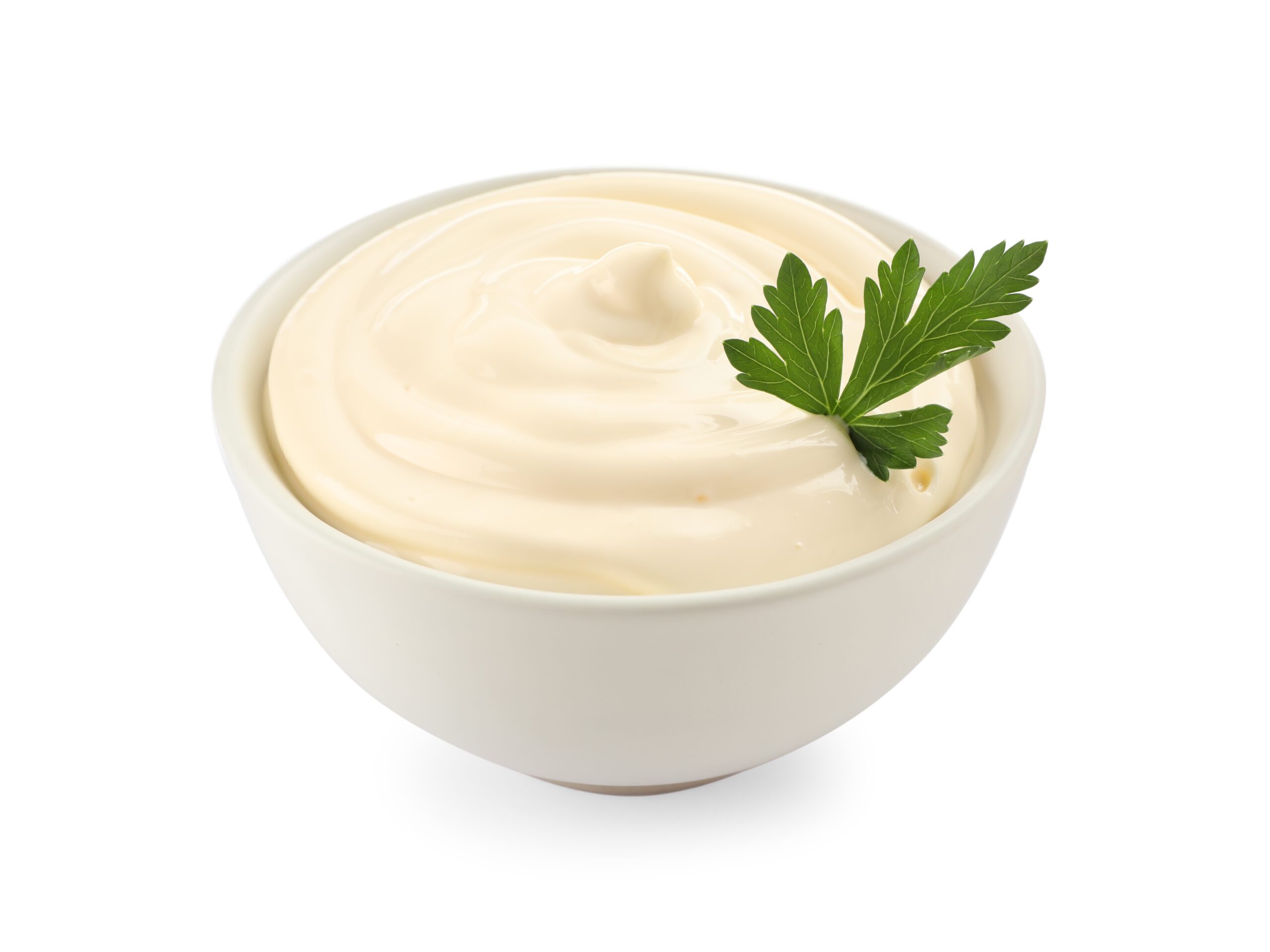
Light mayonnaise may reduce calories and fat, but it often replaces them with sugar, sodium, and artificial preservatives. This trade-off can lead to bloating and increased cravings for other high-sodium foods. Regular mayonnaise is made from simple ingredients like eggs, oil, and vinegar, which are much easier for the body to handle. In moderation, full-fat mayonnaise can be part of a balanced diet, offering healthy fats and natural ingredients. The light version tends to be a less satisfying and more processed alternative.
Sugar-Free Cookies

Sugar-free cookies sound like a dream come true, but they often contain artificial sweeteners that can have laxative effects or upset your stomach. These cookies also lack the satisfying texture of regular cookies because they often contain more refined flours or chemical additives. Your body may also react to artificial sweeteners by increasing cravings for real sugar, making it harder to manage your sweet tooth. In contrast, a regular cookie made with natural ingredients can be enjoyed in moderation without the digestive issues. Always check labels carefully, as “sugar-free” doesn’t always mean healthier.
Reduced-Fat Muffins
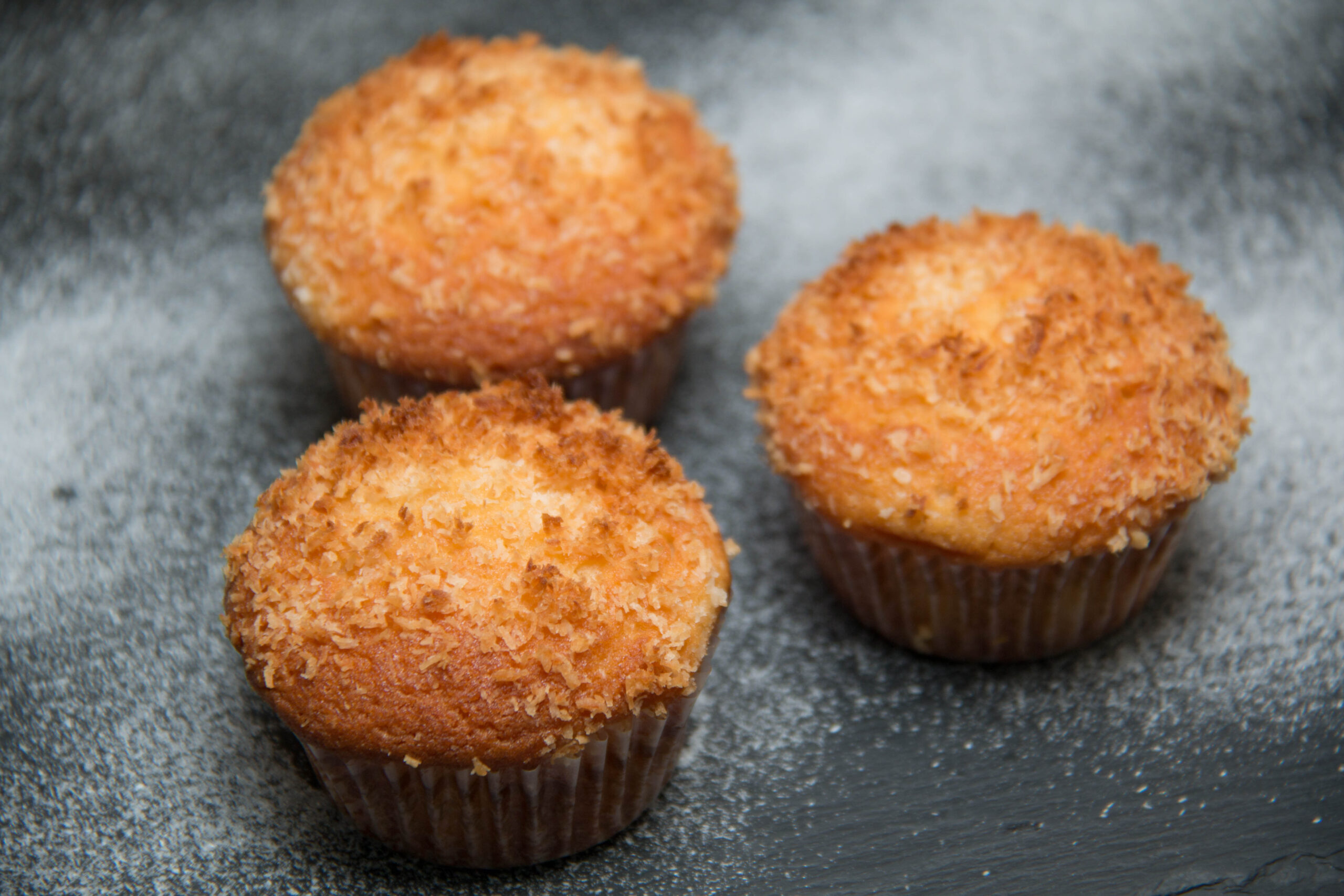
Many reduced-fat muffins are marketed as healthier options, but they often replace fat with sugar or corn syrup. This substitution spikes your blood sugar and leaves you feeling hungry shortly after eating. Regular muffins, though higher in fat, provide more satisfying ingredients like butter and whole grains. These fats help slow digestion and keep you fuller for longer. Choosing a smaller, regular muffin can often be more beneficial than opting for the reduced-fat version.
Light Margarine
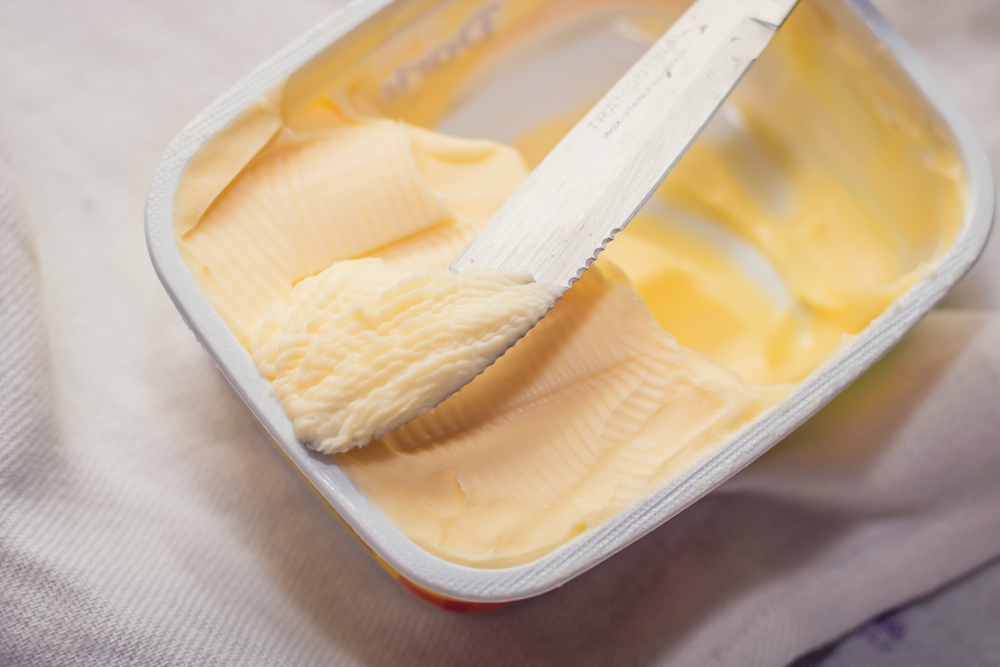
Light margarine might contain fewer calories than butter, but it’s often full of hydrogenated oils and trans fats. These unhealthy fats are known to increase bad cholesterol (LDL) and decrease good cholesterol (HDL), leading to heart problems. While butter is high in saturated fat, it’s a more natural option that contains beneficial nutrients like vitamins A and D. A small amount of real butter is generally a healthier choice than margarine loaded with artificial ingredients.
Fat-Free Crackers
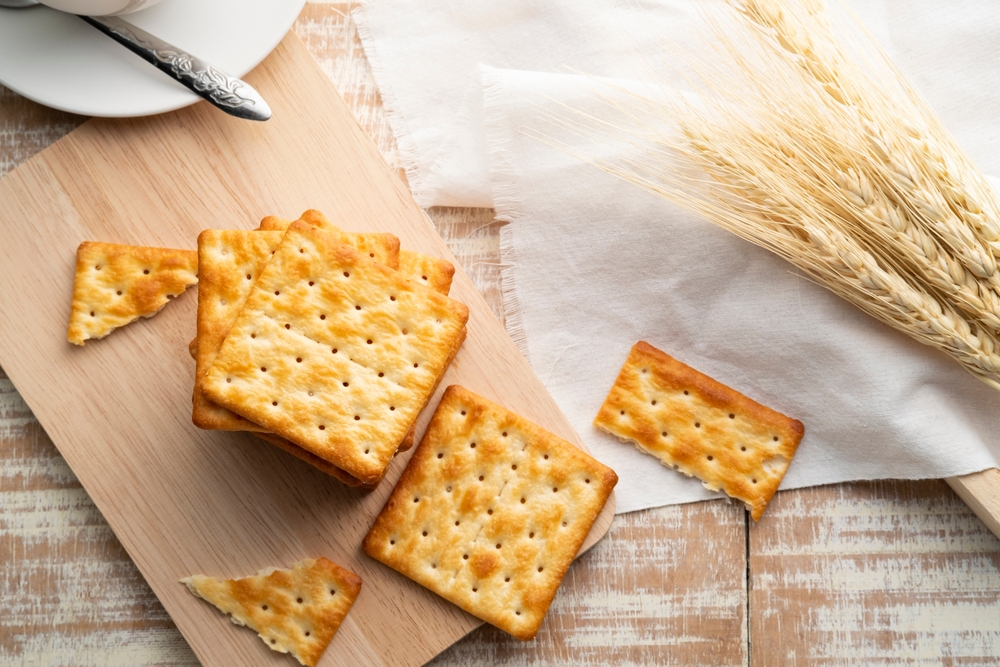
Fat-free crackers often replace fat with refined carbohydrates, which are quickly digested and can cause blood sugar spikes. They may also contain more salt and artificial flavorings to make up for the loss of fat. These crackers are less likely to keep you full and may lead to overeating. Full-fat crackers, particularly those made from whole grains, provide more fiber and healthy fats to keep you satisfied. Choosing the original version in moderation is often a better way to curb cravings and maintain energy.
Light Beer

Light beer is often advertised as a low-calorie alternative to regular beer, but it doesn’t come without drawbacks. While you might save a few calories, you often lose out on flavor, leading people to drink more than they would of a full-flavored beer. Some light beers also contain additives and preservatives that aren’t in traditional beer. These extra ingredients can have adverse effects on your health over time. Opting for a high-quality, full-flavor beer in moderation might be a better way to enjoy your drink responsibly.
Light Potato Chips
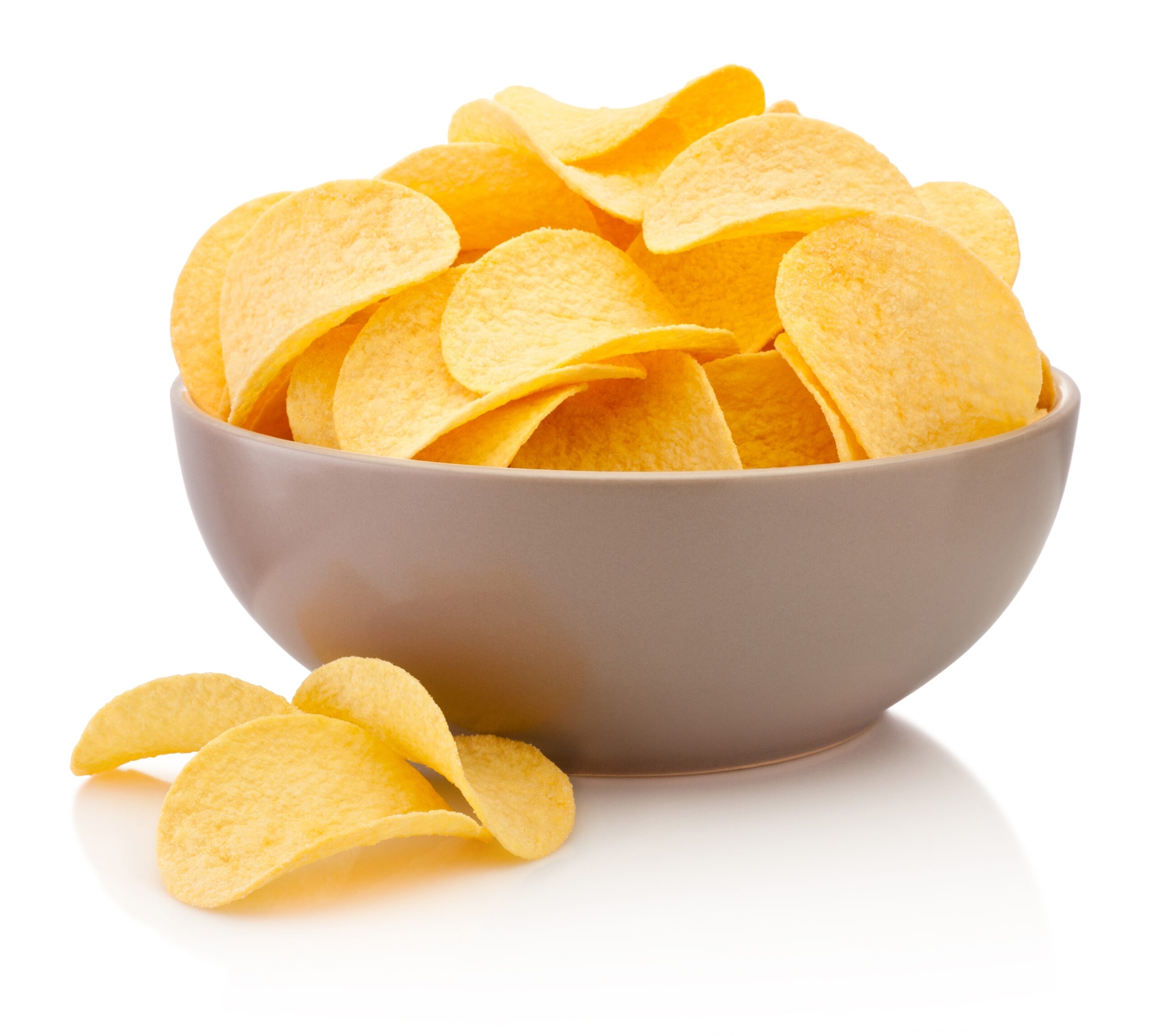
Light potato chips might seem like a healthier option, but they often contain artificial fats like Olestra, which can lead to digestive discomfort. These chips can also be less satisfying, leading people to eat more than they would of regular potato chips. Additionally, light chips tend to lack the same crispiness and flavor, which makes them less enjoyable overall. A small serving of regular chips made with natural oils is often a better option than reaching for the processed, light versions.
Low-Calorie Frozen Meals
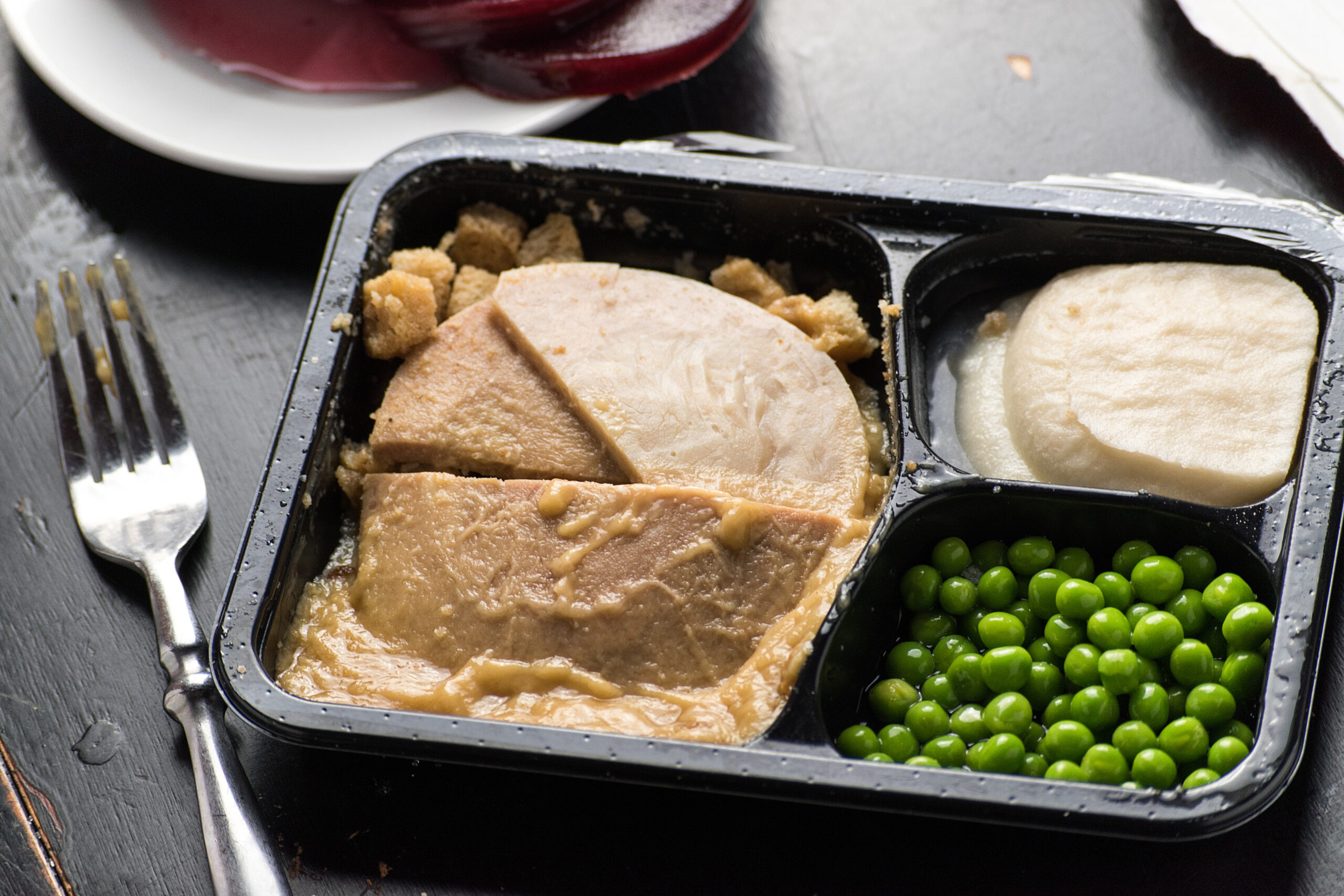
Low-calorie frozen meals are often packed with sodium and artificial preservatives to make up for the lack of flavor that comes from cutting calories. These meals may be low in fat but are often high in refined carbs and sugar, leading to quick spikes in blood sugar. The portion sizes are also smaller, leaving you unsatisfied and craving more food. Cooking your meals with whole ingredients is a much healthier option than relying on processed low-calorie alternatives.
Reduced-Sugar Ketchup
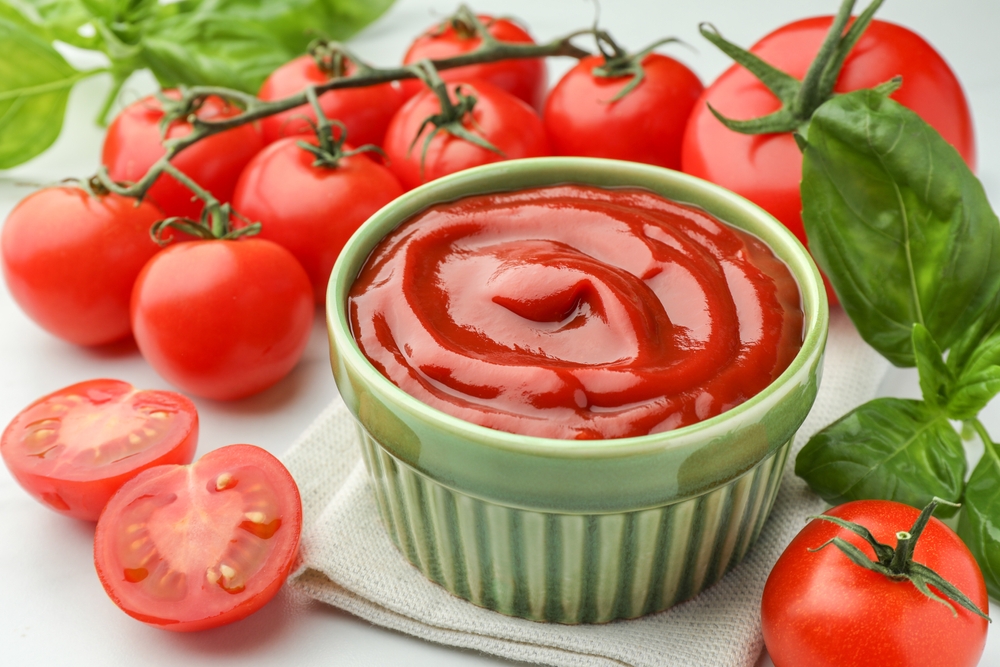
Reduced-sugar ketchup might seem like a healthier option, but it often contains artificial sweeteners like sucralose or aspartame. These sweeteners can lead to digestive issues and may even cause cravings for more sugary foods. The small amount of sugar in regular ketchup is often not enough to significantly impact your health when used in moderation. Opting for a natural or homemade version with minimal added sugar can be a better way to enjoy ketchup without the risks of artificial ingredients.
This article originally appeared on RetailShout.
More From RetailShout
18 Protein-Packed Breakfasts to Start Your Day Right
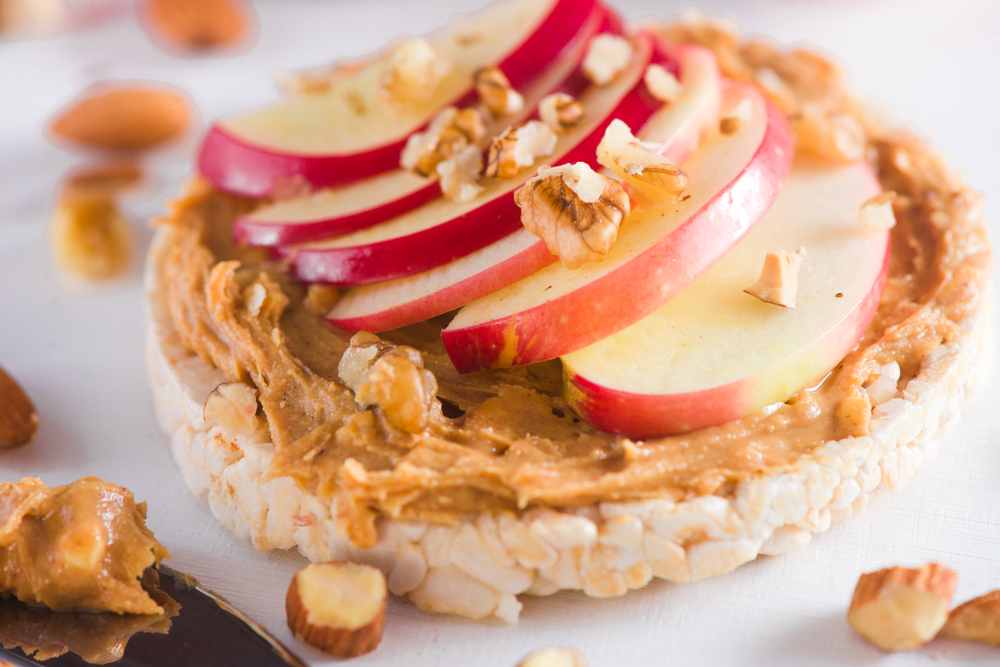
Starting your day with a protein-packed breakfast gives you the energy and focus you need to power through the morning. Whether you’re looking to fuel a workout or simply need a healthy start, these delicious meals are packed with protein to keep you feeling full and satisfied. Read More.
15 Creative Trader Joe’s Taco Night Ideas for the Whole Family

Taco night doesn’t have to be the same old routine. Trader Joe’s is packed with fun ingredients that can transform your tacos into something exciting and new. Read More.
12 Simple Keto Dinners You’ll Want to Make Again and Again

Transitioning to a healthy lifestyle often requires significant time, effort, and dedication. For many, the idea of switching to a healthy diet brings up images of bland, tasteless food, making the shift seem even more daunting. Read More.


